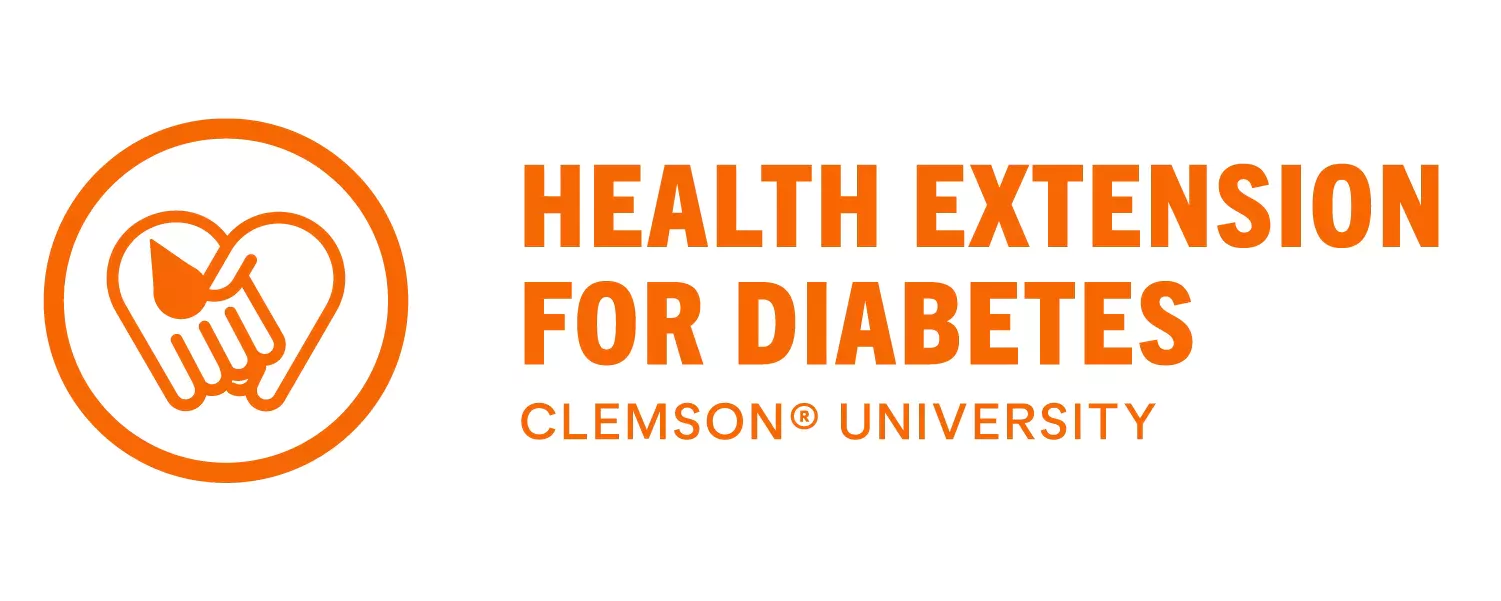
CLemson University
Health Extension for Diabetes FAQs
When was HED created?
Health Extension for Diabetes (HED) was originally developed in 2017 in Greenville County, South Carolina by Clemson University. The program is delivered statewide in South Carolina via Clemson Extension Service.Why offer Health Extension for Diabetes?
Universities, health systems, community organizations, and other institutions interested in improving health status of individuals living with diabetes can offer Health Extension for Diabetes by becoming a HED Program Partner.Who are HED Program Partners?
HED Program Partners are organizations collaborating with Clemson University to become licensed providers of HED. Licensed HED providers work with Clemson to replicate HED in their service areas and with their community members/patients.How was HED's curriculum developed?
The educational materials used in HED are built upon the Association of Diabetes Care and Education Specialists (ADCES) 7 Self-Care Behaviors, which encompass key aspects of diabetes self-management such as healthy coping, physical activity, medication management, blood glucose monitoring, risk reduction and problem-solving. HED's curriculum is updated annually to stay up-to-date on current recommendations and best-practices and to support the Standards of Medical Care in Diabetes.What is the structure of HED?
HED is a 4-month diabetes self-management support program that is delivered by group facilitation. The program is primarily delivered via HED facilitators with one session delivered by a Certified Diabetes Care and Education Specialist (CDCES). The program is a high-touch program providing eight bi-weekly core group education sessions with individual, personalized follow-up contacts between group sessions. The program can be delivered in person or online.How long is the Health Extension for Diabetes program?
For each cohort, HED is approximately 4-months long and includes a series of 8 education sessions and intermittent support. Each session is one-hour.What is an ADA practice-tested support program?
HED is an ADA Diabetes Practice-Tested Support program. A Diabetes Practice-Tested Support program indicates a program has high-quality diabetes support curriculums and resources that meet the American Diabetes Association (ADA) criteria for support programming, aligns with the Standards of Medical Care in Diabetes, and demonstrates significant positive outcomes.For more information visit the ADA Website: https://professional.diabetes.org/content-page/diabetes-support-initiative